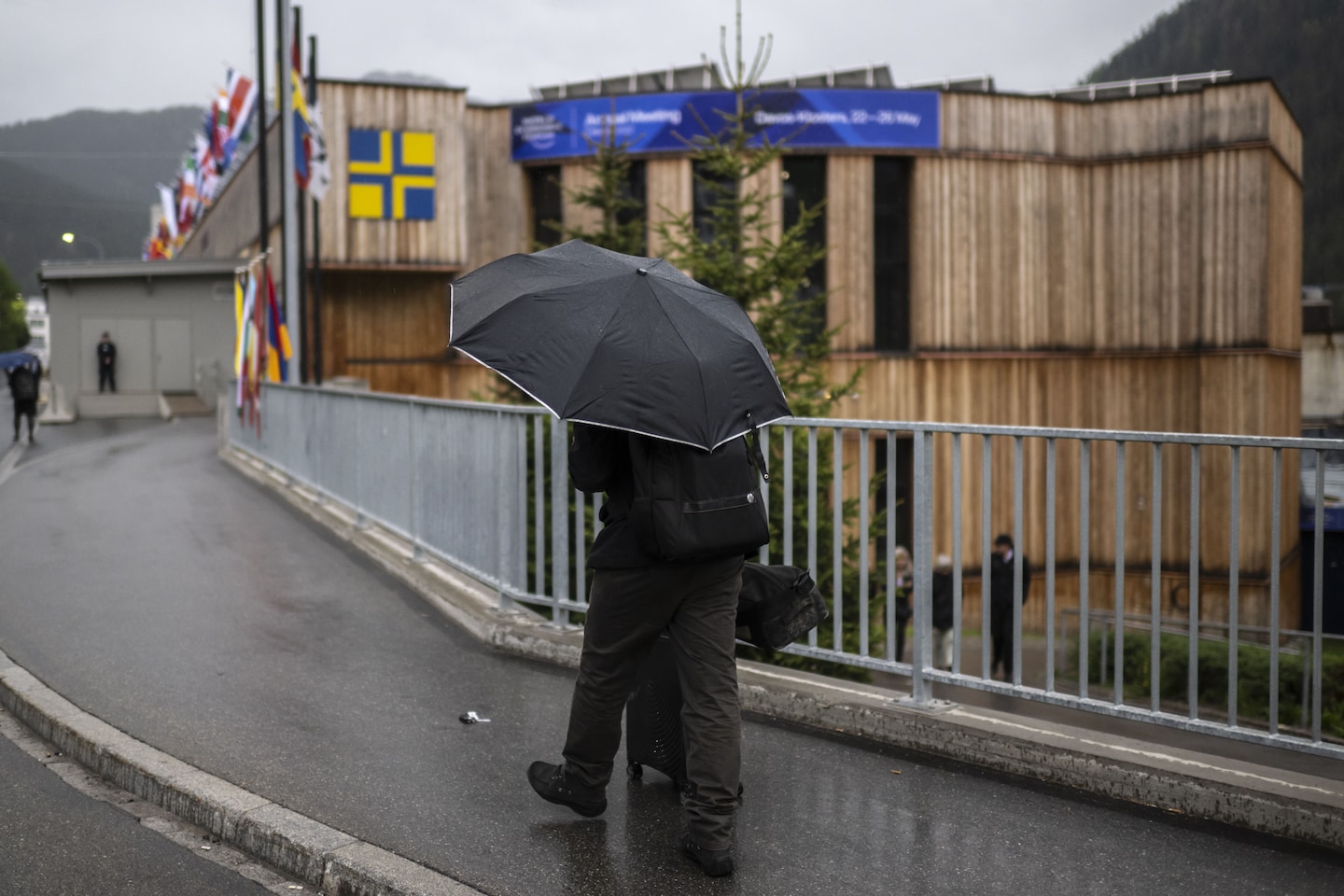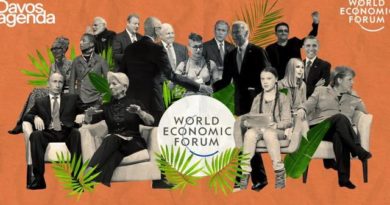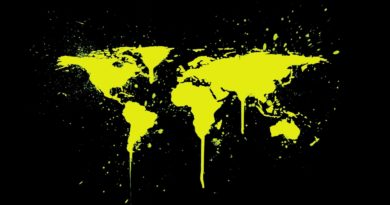Analysis | In shadow of war, there’s no ‘business as usual’ in Davos

This week, as the Forum convenes after a more than two-year gap, Russian businesses and political authorities are explicitly not invited — a consequence both of the Western sanctions that followed the Russian invasion of Ukraine as well as the principled stand taken by the Forum. No Russian oligarchs will be jetting in on their private aircraft. No Russian delegations will rub shoulders with their governmental counterparts at the forum’s fresh juice and espresso bars.
Meanwhile, Russia House has been seized by the foundation of Ukrainian oligarch Viktor Pinchuk and converted into the “Russia War Crimes House,” set to feature photographs taken in Ukraine over the course of the conflict that documents evidence of rapes, executions and other atrocities, along with a series of discussions on Russian human rights abuses.
It’s a symbolic transformation that sets the stage for this week’s proceedings. For the first time in the Forum’s half-century history, the gathering will take place in the shadow of war between nations in Europe. Ukrainian President Volodymyr Zelensky will deliver the first speech by a head of state on Monday and will participate virtually in a number of other events as well from his war-torn country’s capital. A significant Ukrainian delegation will be physically present in Davos, including the foreign minister, two deputy prime ministers, five parliamentarians and the mayor of Kyiv.
Other headliners include German Chancellor Olaf Scholz and European Commission President Ursula von der Leyen, who are both expected to speak at length on the crisis in Ukraine. Scholz’s earlier declaration that the war marked a “turning point in history,” or Zeitenwende in German, is being amplified in Davos, with the guiding theme of this year’s gathering focused squarely on how governments and businesses can grapple with “history at a turning point.”
The mood reflects a broader conviction in the West — certainly in the United States — that we are entering a new epoch in global politics. Feb. 24, the date Russia launched its invasion, argued Susan Glasser in her column for the New Yorker, “represents one of those hinge-point moments that happens every decade or two — a transformative event not just for Ukraine and Europe but for Washington, too. American power and purpose will be redefined by [Russian President Vladimir] Putin’s decision for years to come. There will be a before February 24th and an after.”
But there’s no shortage of other crises, too, many of which are interlocking. Countries are still struggling to recover from the pandemic. While vaccinations still need to be sent to some parts of the world, the turbulent economic head winds spurred by the pandemic have cast a pall over global financial markets and raised fears of recession in the United States, as my colleague Abha Bhattarai reported.
The war in Ukraine only deepened mounting food crises across the developing world, with surging prices for a slate of commodities leading to fuel and grain shortages in countries as disparate as Tunisia and Sri Lanka.
“The return of war, epidemics and the climate crisis, all those disruptive forces have derailed the global recovery,” Klaus Schwab, the Forum’s founder and executive chairman, said in a briefing with journalists last week. “Those issues must be confronted in Davos; the global food crisis, in particular, needs our immediate attention.”
As is its wont, the Forum will try to focus on proactive and positive solutions to these challenges. It sees itself as an indispensable vehicle for collaboration between policymakers and the private sector. The annual gathering — which because of the pandemic is taking place unusually in springtime — gets routinely pilloried by its critics as an elitist talkshop on the mountain, avant-ski. That caricature often obscures the rather genuine commitments and efforts made by the Forum’s participants and organizers, including projects to help “upskill” hundreds of millions of workers in the global economy and a major initiative launched in partnership with U.S. climate envoy John F. Kerry that aims to decarbonize the supply chains of some of the world’s biggest companies.
Last year, the Forum framed its programming around the recovery from the pandemic as “the Great Reset,” suggesting that the global experience of the coronavirus presented a narrow window for governments and businesses to “reimagine and reset our world,” as Schwab put it.
The initiative “was an attempt to put policymakers in a positive frame of mind,” Adrian Monck, a managing director of the Forum, told me. But it also stoked a backlash among the Western far right, who linked the idea of the “Great Reset” to a baseless conspiracy theory about global elites planning the pandemic to impose new systems of control on the population.
This week, those gathering in Davos may be confronted by how little power they have to reckon with the world’s many looming crises, from the specter of climate change to the intractable Russia-Ukraine conflict. “There’s no business as usual,” WEF President Borge Brende said last week to reporters. “We just need to now come together and … move into uncharted territories.”
This article has been archived for your research. The original version from The Washington Post can be found here.


